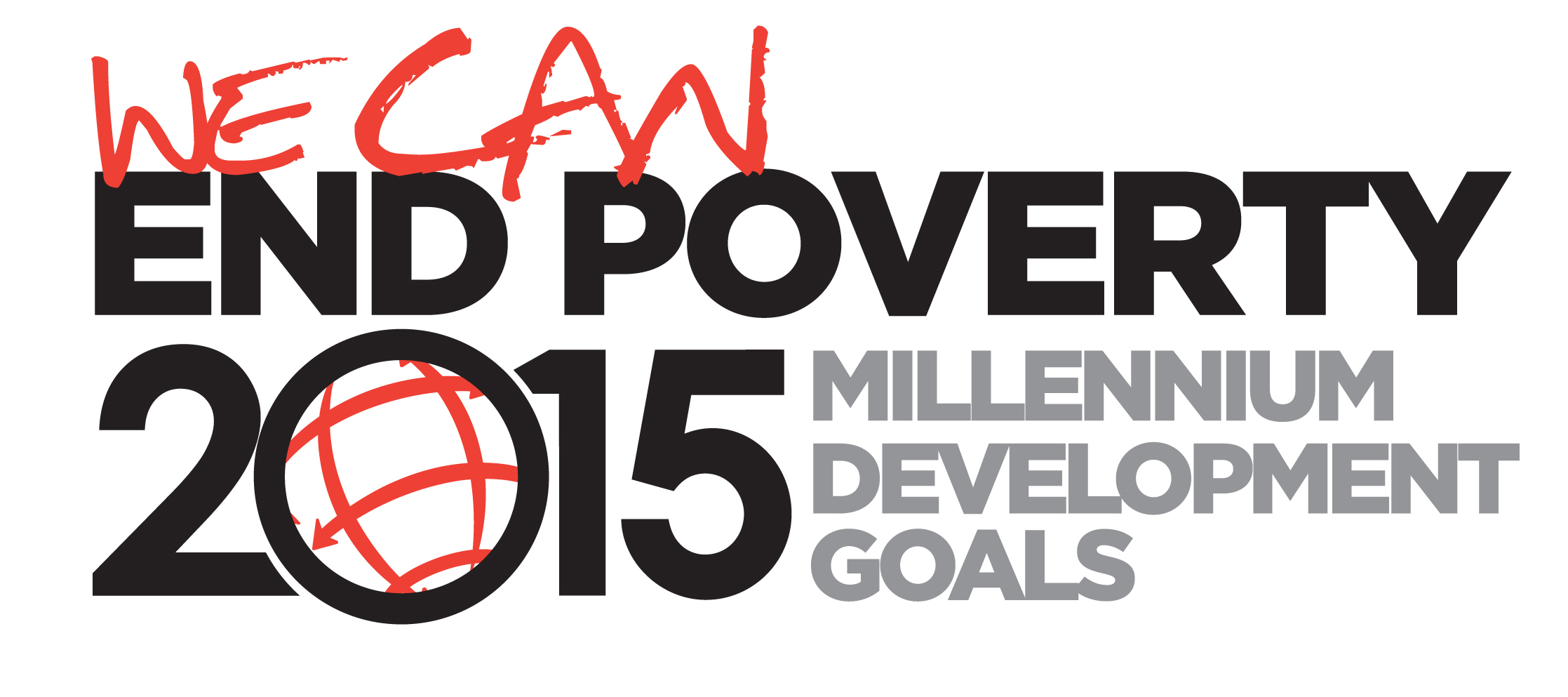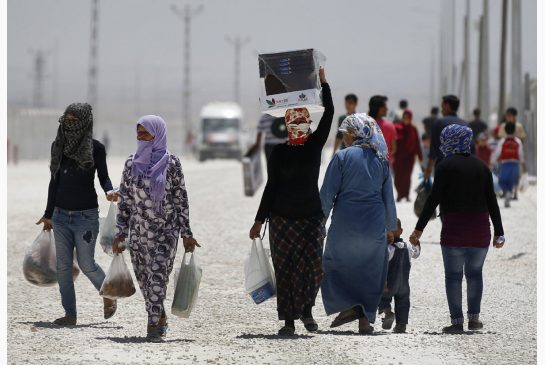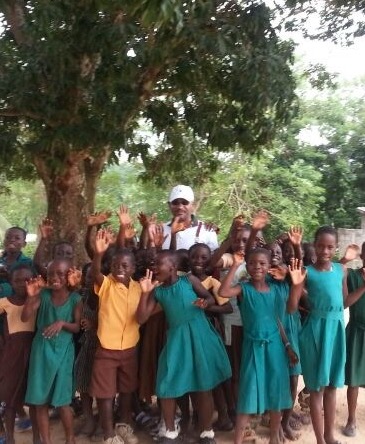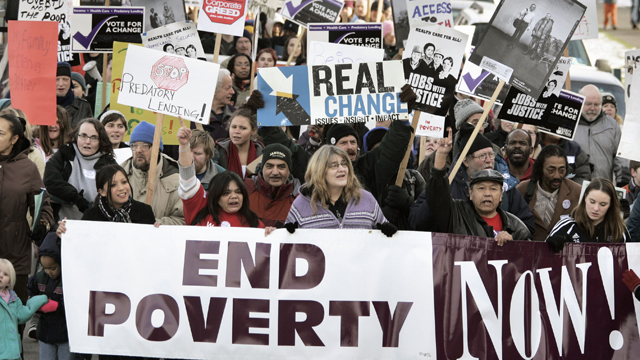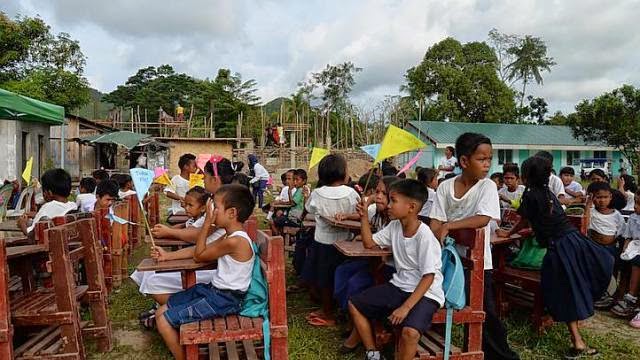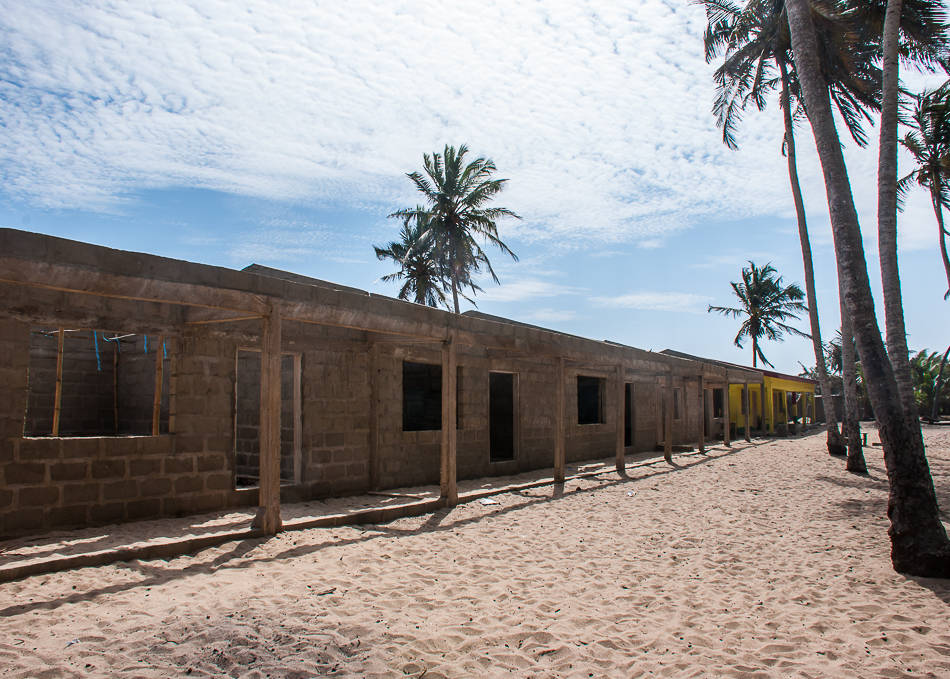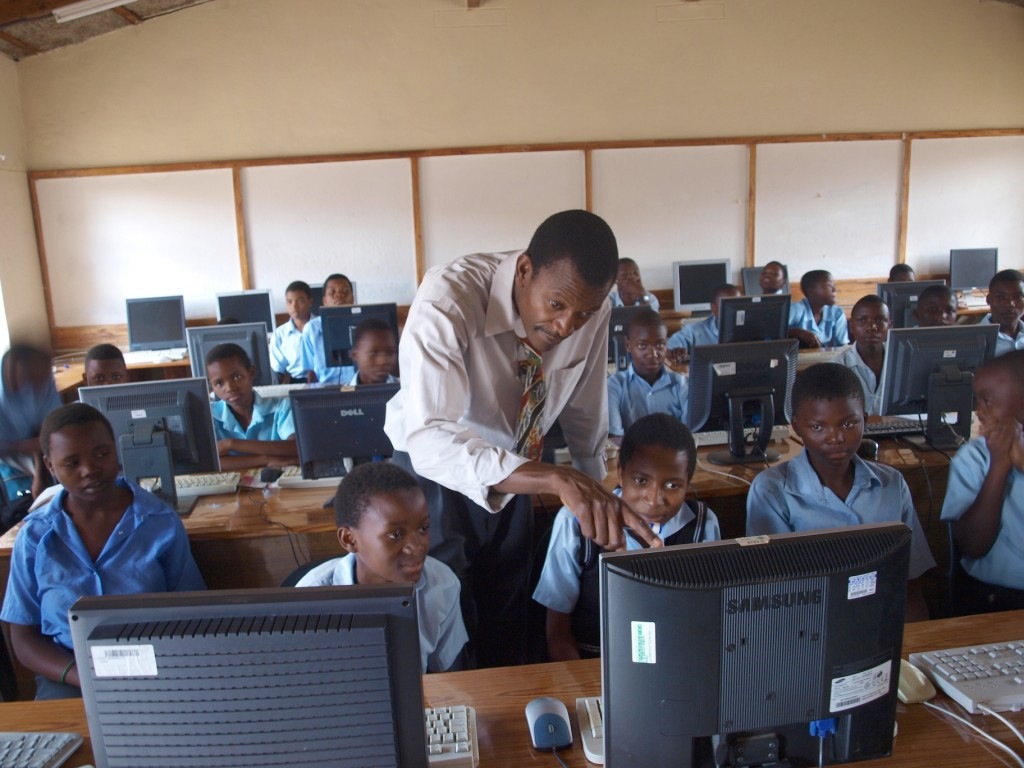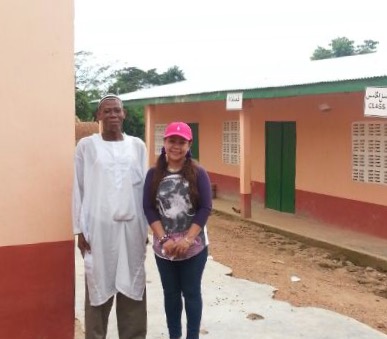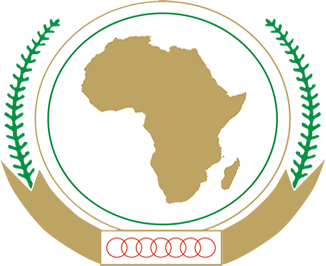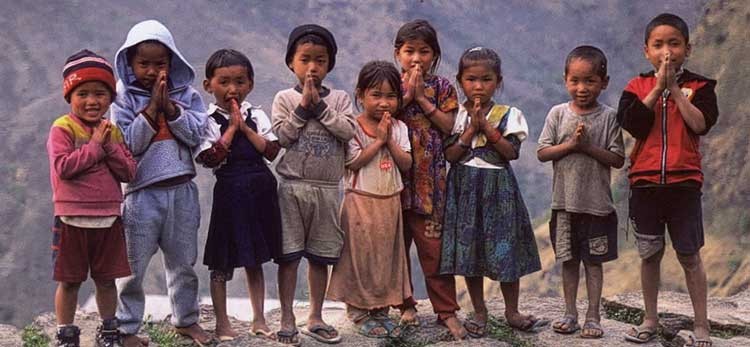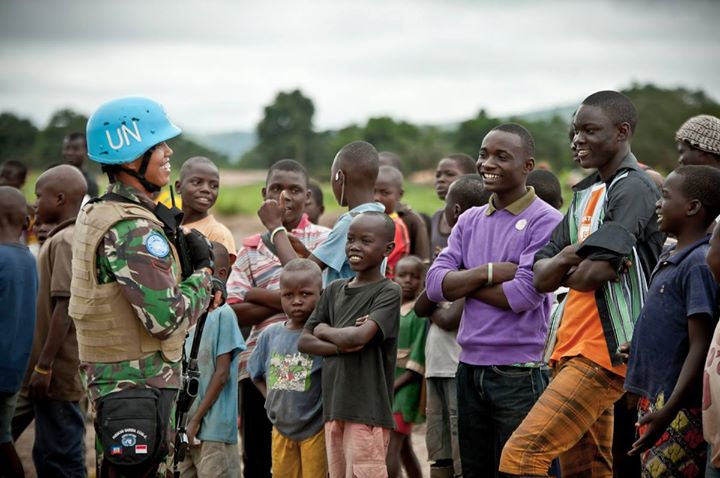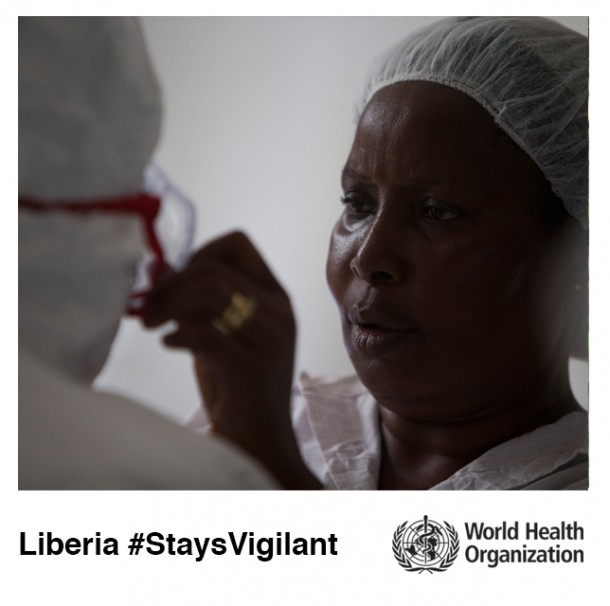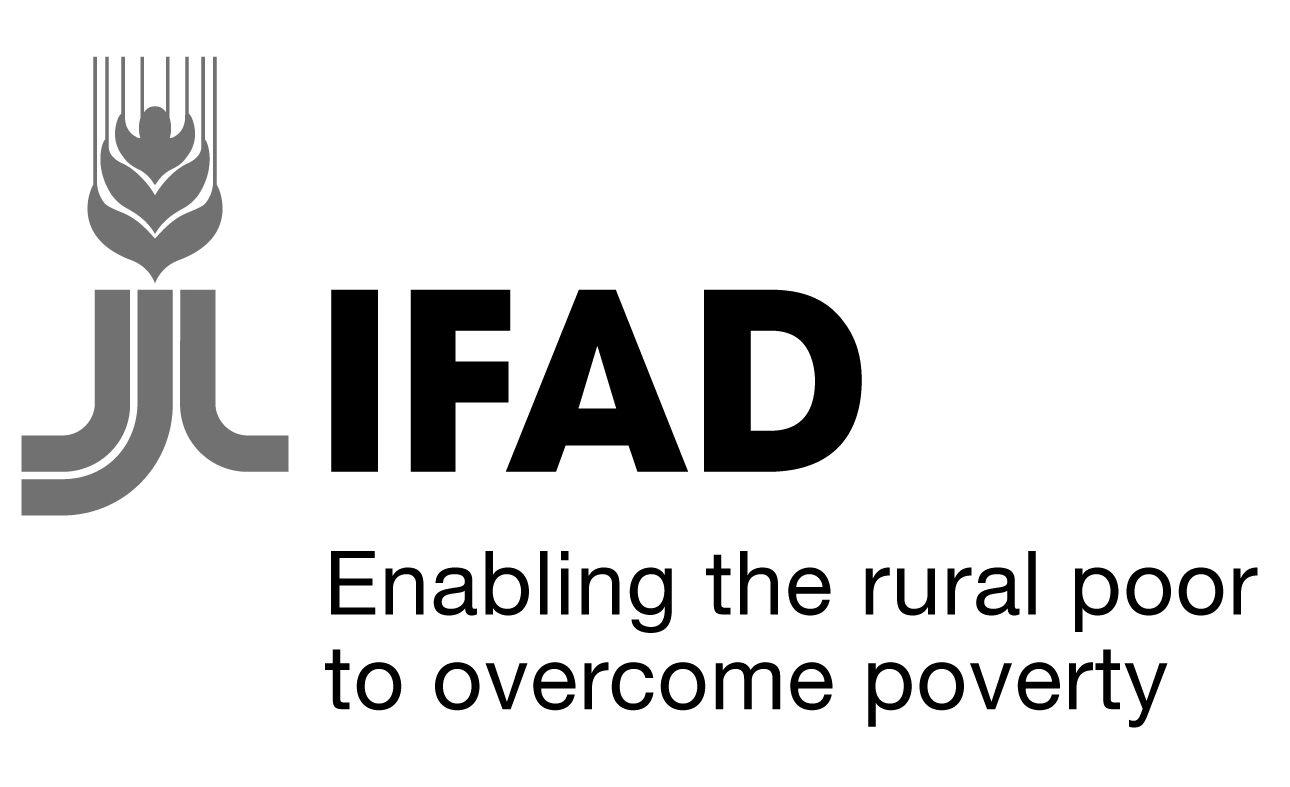Global Refugee Crisis UNTIL EVERY CHILD IS SAFE
UN humanitarian officials on Tuesday stressed the importance of Kuwait’s generous aid and donations in easing the suffering of Syrian refugees in different countries.
In separate interviews with Kuwait news Agency on tuesday, the two officials noted that the support of His Highness the Amir Sheikh Sabah Al-Ahmed Al Jaber Al-Sabah for the United Nation’s organizations and Jordan was of prominent effect on the living conditions for the Syrian refugees, mainly at Al-Zaatari camp northern Jordan.
The officials statement were made on the occasion of opening two schools at His Highness Amir Sheikh Sabah Al Ahmed Al Jaber Al-Sabah’s village, in Al Zaatari refugee camp.
They hoped that cooperation would continue between the UN High Commission and the UNICEF with Kuwait and the international Islamic Charitable Organization, which was in charge of opening the new schools with a capacity of over 2,400 students.
Kuwait’s efforts played a big role in providing refugees with proper education, in coordination with the Jordanian Ministry of Education, the High Commission, the UNICEF and the ICO, said UNHCR Zaatari camp manager Hovig Etyemezian.
Meanwhile, Etyemezian praised the efforts of the Jordanian government to facilitate the delivery of aid to refugees in the camp, create a safe work environment for the UN employees and safeguard the safety of all refugees.
On his part, UNICEF’s representative in Jordan Robert Jenkins, said that the continuous Kuwait contributions is creating a better life for the children of Syria refugees in the camp, adding that Kuwait has donated about 25.6 Million US Dollars for the UNICEF in Jordan.
The official noted that there are four other schools to be opened at the camp in cooperation with the US, the EU and Germany, to receive an estimated total of 25,000 children.
The camp’s schools do not have enough space to receive all children, as each class is filled with over 100 students, which in turn affects the performance of both students and teachers, said Jenkins. Thus, the UN is exerting great efforts to expand schools and develop educational services.
The two schools were inaugurated last saturday by President of the Kuwait based ICO. Amiri Diwan advisor and UN Secretary General’s humanitarian envoy Abdullah Al-Maatouq.
Kuwait plans to build other models villages for Syrian refugees in Jordan (with two villages already existing), each containing 1,000 makeshift houses in addition to public facilities including mosques, schools and medical centers.
There are currently over 1.3 million refugees living in Jordan, over 500,000 of them live in Al Zaatari camp.
Ending Ebola – UN Report
As from 22 July 2015, No new cases of Ebola were reported in Liberia nor in recent hotspots in West Africa with half the 26 cases in this week’s update from the United Nations World Health Organization (WHO) coming from the capitals of Guinea and Sierra Leone, bringing the number of people who have died of the disease to 11,269.
WHO also reported today that on 20 July, Italy was declared free of Ebola transmission after the completion of 42 days without a case since the country’s first and only case of the disease was confirmed EVD-negative and discharged from hospital.
In West Africa, where the outbreak hit hardest, “there are also indications of a continuation of the improvements in contact tracing and case investigation seen in recent weeks, with all but 2 cases arising among registered contacts of previous cases, including all 13 of the cases reported from the Guinean capital Conakry,” according to the WHO update.
WHO said no new cases were reported in Liberia, where Ebola resurfaced after it had been declared free of the disease in May, and said that as of 21 July, 56 contacts associated with the chain of transmission are under follow-up.
“If there are no further cases all contacts will have completed follow-up on 2 August,” WHO said.
The origin of the new cases in Liberia remains under investigation, it said, adding that “preliminary evidence from genomic sequencing suggests that the most likely origin of transmission is a re-emergence of the virus from a survivor within Liberia, rather than an importation from Guinea or Sierra Leone.”
Other recent hotspots of transmission such as Boke in Guinea and Kambia in Sierra Leone have now reported no cases for 18 and 9 days, respectively, the UN health agency said.
WHO noted that two new health worker infections were reported from Guinea and one from Sierra Leone, bringing to 879 the number of confirmed health worker infections reported from Guinea, Liberia, and Sierra Leone since the start of the outbreak, with 510 reported deaths.
International Youth Day
12 August 2015
Royal Group Charity, joining efforts with the youth programs of sister agencies within the United Nations system is a priority in order to ensure that our action with and for young people has a real impact.
International Youth Day is observed annually on 12 August. It is meant as an opportunity for governments and others to draw attention to youth issues worldwide. During International Youth Day, concerts, workshops, cultural events, and meetings involving national and local government officials and youth organizations take place around the world. The theme of International Youth Day 2015 is “Youth Civic Engagement.” The engagement and participation of youth is essential to achieve sustainable human development. Yet often the opportunities for youth to engage politically, economically and socially are low or non-existent.
More efforts are needed to raise awareness about the importance of youth civic engagement and its benefits to the individual and to society, including for sustainable development as well as resilience and wellbeing. The International Youth Day 2015 campaign aims at promoting civic engagement and participation of youth in politics and public life, so that young people can be empowered and bring a full contribution to society, development and peace.
Join Royal Group Charity celebrate this remarkable day….
For more information please visit: http://www.un.org/en/events/youthday/
According to the United Nations Convention on the Rights of Children – that all children are born with fundamental rights.
Right to Survival: to life, health, nutrition, name, nationality
Right to Development: to education, care, leisure, recreation, cultural activities
Right to Protection: from exploitation, abuse, neglect
Right to Participation: to expression, information, thought, religion
And a right to achieve these dreams. Even though Africa’s children account for more than one third of its population, their interests have never been given priority. And their rights have been violated everyday.
International Day for the Eradication of Poverty 2015
Poverty is living without the basic needs that many others in this world enjoy. People who live in poverty worry about things like having enough food to feed their families and having safe secure shelter in which to live. Poverty effects day to day life, children are unhealthy due to a lack of nutritional foods and medical care and their parents have little or no resources to improve their living conditions.
People living in poverty cannot afford better foods and their constant lack of nutrition leaves them unable to work more to provide the extra money needed for nutritional foods. This is why people get stuck in the trap of poverty; they are unable to find a way out on their own. The cycle continues, generation after generation. Entire communities live in poverty always believing if they work hard enough they can break the cycle.
Royal Group Charity works to find solutions to the underlying causes of poverty by working with people and communities in a way that leads them to become stronger and more self-sufficient. Our programs focus on integrated solutions to things like hunger, poverty and disease.
17 October 2015
As part of UN Millennium Development goals, on the 17th of October we celebrate the International Day for the Eradication of Poverty.
The International Day for the Eradication of Poverty has been observed every year since 1993, when the United Nations General Assembly, by resolution 47/196, designated this day to promote awareness of the need to eradicate poverty and destitution in all countries. Fighting poverty remains at the core of the Millennium Development Goals (MDGs) and the development of the post-2015 development agenda.
Help Royal Group Charity support the United Nations to raise awareness about the progress made and the challenges that remain for people living in poverty.
Spread the word
Help spread the word about Royal Group Charity and the United Nations and join the fight against extreme poverty.
Ending Poverty Worldwide… Don’t Just Think About It – Do It!
The goal of ending poverty is elusive, and those in the aid business seem to oscillate between giddiness and despair, between the excitement of the latest miracle cure and accusations of failure or worse. As the critics never fail to point out, billions of dollars have been spent on aid but the poor are still with us.
Fighting poverty is to fight, with patience and deliberateness, the many problems that make the lives of poor people difficult: bad schools, dirty water, infectious diseases, the vagaries of weather and other natural disasters, poor sanitation, lack of skills, petty corruption, potholes, etc. The list goes on.
These problems are concrete but hardly glamorous, possible to solve, but often without a known solution. No one person can solve all of them and, in any case, getting them all fixed will not end poverty tomorrow. But if we could give up the lofty goals and empty promises, and focus all our energies on the concrete steps we are able to take here and now to improve the lives of the poor worldwide, we would at the very least bring some real comfort to the lives of many millions.
Thank you so much for your commitment of support. Together we can build healthy communities in Africa and around the world.
Don’t Just Think About It – Do It!
To make an inspirational impact on charity through international professional Network.
Spread the word
Help spread the word about Royal Group Charity and join the fight against extreme poverty.
We Stand With You
November 8, 2013 is the day that Filipinos and the world will never forget – the day that the strongest typhoon to make landfall hit the Philippines.
Leaving behind unimaginable devastation, Typhoon Haiyan brought damage and loss, claiming almost 7,000 lives and leaving 14.0 million people affected, more than 5.8 million of them children. The devastation made it difficult to get to most communities. Assessing need and delivering aid were many challenges, but Royal Group Charity was there on the ground straightaway providing urgently needed relief and support.
As one community declared, ‘Together, we are stronger than Haiyan,’ be encouraged that we are working together with communities to experience life in all its fullness, empowering typhoon-affected communities to be more resilient and prepared for disasters yet to come.
Royal Group Charity’s Mission In Africa
Royal Group Charity Foundation is an international humanitarian organization dedicated to tackling poverty and suffering in the world’s poorest countries.
Royal Group Charity Foundation has been working to fight hunger, prevent malnutrition and improve the lives of children in Africa. Whether we are working with orphaned children or emergency relief for refugees, Royal Group Charity strives to meet the needs to vulnerable children and their families with lifesaving and life-changing programs.
We work in partnership with the very poorest people in these countries, directly enabling them to improve their lives, as well as using our knowledge and experience to influence decisions made at a local, national and international level that can significantly reduce extreme poverty.
Charities can make a difference.
“In this new century, millions of people in the world’s poorest countries remain imprisoned, enslaved, and in chains. They are trapped in the prison of poverty. It is time to set them free. Like slavery and apartheid, poverty is not natural. It is man-made and it can be overcome and eradicated by the actions of human beings. And overcoming poverty is not a gesture of charity. It is an act of justice. It is the protection of a fundamental human right, the right to dignity and a decent life. While poverty persists, there is no true freedom.”
Nelson Mandela
Royal Group Charity Foundation and the African Union
……………………………………………………………………………………………………
CULTURE & RELIGION FOR A SUSTAINABLE FUTURE
Royal Group Charity Foundation’s focus on Africa highlights the emergency assistance that is needed to help the continent and its under privileged. Africa has been in need of Aid. Africa has moved in a slow step towards development and Royal Group Charity Foundation is focussed to bring a change to Africa and to help the current leaders to realize the struggle that is being made to secure the people and the riches of Africa. Royal Group Charity Foundation is working along with the African Union and the United Nations to bring Education and Medical needs to the people of Africa.
Culture shapes the way we see the world. It therefore has the capacity to bring about the change of attitudes needed to ensure peace and sustainable development which we know, form the only possible way forward for life. today, that goal is still a long way off. A global crisis faces humanity, marked by increasing poverty in our asymmetrical world, environmental degradation and short-sightedness in policy-making. Culture is a crucial key to solving the current crisis.
We are pleased to convey our commitments to the African Union for the subjects of the importance of education for peace and development through inter religious and intercultural dialogue.
To help fight corruption and ensure more money from oil and gas revenues in Africa is used to fight poverty.
Beyond the emergencies, Africa also faces broader challenges, such as grinding poverty, hunger, inequality, discrimination and other threats to people’s lives and dignity. We know these conditions drive insecurity. We can only succeed in building a world of dignity for all if we come together as a single human family based on shared values.
Following our recently convened gathering of leaders across faiths and cultures to signal our common resolve to promote tolerance and reconciliation. We commend the leaders of Africa for this initiative and follow-up to the African Union Summit.
A dialogue between religions and cultures can contribute to lasting peace without which development is not possible.
When Governments respect human rights and provide opportunities for people to voice their grievances, when societies join forces to enhance equality and mutual dignity, when individuals recognize that, we are all stronger when we work as one, peace and prosperity will grow.
Let us continue to help strengthen our cooperation across religions and cultures through dialogue and to help build a better Africa.
The children of Nepal need us now more than ever
Three months after April’s earthquake in Nepal, tens of thousands are still living in desperate conditions.
Royal Group Charity visited the Thali village outside the capital.
Villagers from rural areas have sought refuge in camps, receiving little help from the government.
The Nepali government is struggling to provide shelter for more than a million people.
Parts of Nepal have returned to relative normality since the quakes. Shops have reopened in Kathmandu, farmers are back in their fields and power lines are being reconnected.
But many families are making do under plastic sheets are a visible reminder of how much authorities need to do.
CHARITY BREAKING NEWS
Security in Central African Republic improves
5 August 2015 – Political progress combined with the deployment of United Nations peacekeepers in nearly 40 localities have contributed to the improvement of the overall security situation in Central African Republic (CAR), which nonetheless remains precarious, the top UN envoy in the country told the Security Council today.
Senior UN official outlines steps taken in response to Central African Republic abuse allegations
While the fight against Ebola continues, there is good news that global efforts to stop the outbreak are producing results: On Saturday, May 9, the Ebola outbreak in Liberia officially ended.
That’s because it’s been 42 days (twice as long as the incubation period for Ebola infections) with no new cases since the last person confirmed to have Ebola in Liberia was safely buried.
Liberia’s Ebola outbreak began in late March 2014 and infected over 10,000 people, with more than 4,500 people dying from the disease.
Experts say that the progress in ending Ebola transmission in Liberia is largely due to effective community engagement, government leadership, good partner coordination, and support from donors.
This is an important moment, but it’s not the end of the fight against Ebola. The World Health Organization has emphasized that Liberia and the global community must remain vigilant to keep the country at zero new cases and to end the outbreak in Sierra Leone and Guinea.
IFAD is the United Nations agency dedicated to eradicating hunger and poverty
in the rural areas of developing countries. Through low-interest loans and grants,
IFAD develops and finances program and projects that enable poor rural people
to overcome poverty themselves. IFAD focuses on the poorest and most marginalized
small farmers: poor rural women, rural landless people, nomadic pastoralists,
artisanal fishers and indigenous peoples. Working with national governments, IFAD
helps poor rural people increase their food production, raise their incomes and
improve their living conditions, sustainably, without diminishing their natural resource
base. IFAD tackles poverty not only as a lender but also as an advocate for poor
rural people. Its multilateral orientation provides a global platform for discussing
important policy issues and increasing awareness of the importance of agriculture
and rural development to meeting the Millennium Development Goals.
From 1978 to 2006, IFAD invested US$9.5 billion in 732 program and
projects worth more than US$25 billion, with co financing from partner institutions.
These investments helped more than 300 million poor rural people take steps
to improve their lives.






